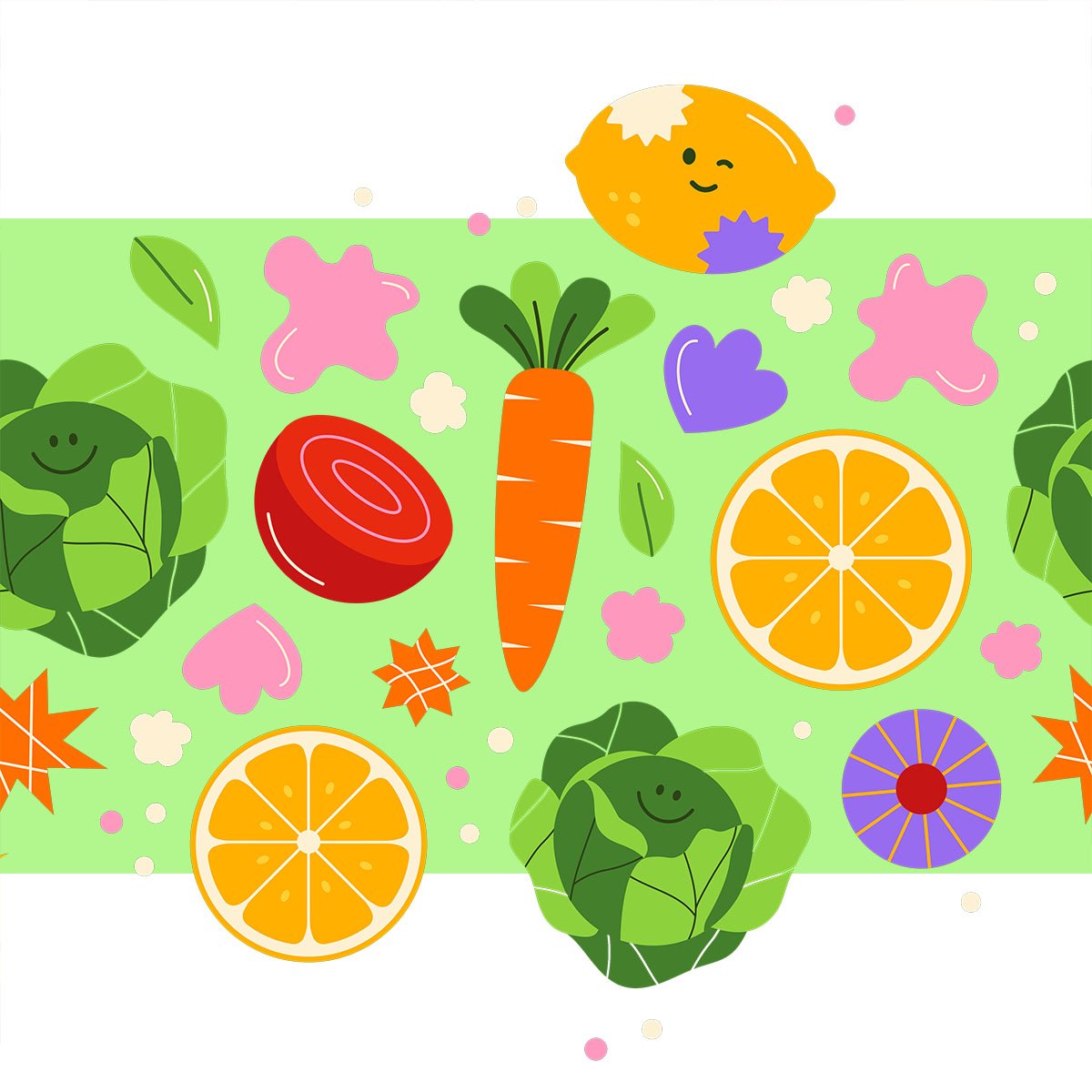Your everyday food choices impact your run and the planet
Most often runners think of food in terms of performance, but today (October 16), on World Food Day, we’re encouraging you to think about the impact our food can have on the planet.
The choices we make when we fuel our bodies matter because everything we consume has a direct impact on the planet. Whether it’s an energy gel, a homemade protein ball, or a banana, each decision has an environmental and ethical footprint.
It’s not always easy to know what the impact of your food choices are, but there are some broad terms that can make it a little easier to navigate when you’re trying to do your bit for the planet.
Here are some key things to consider:
Reduce Food Waste
It’s astonishing to think that around a third of the food produced is wasted. From overripe fruit to the leftovers on our plate – the things we throw away are a big part of the problem.
Every year in the UK alone, 6.6 millions tonnes of household food gets thrown away.
And what does that food waste do? It generates greenhouse gases. Around 8% of global emissions.
What can you do?
- Only buy what you need
- Eat the imperfect fruits and vegetables
- Compost leftovers
- Batch cook
- Check out food swap apps
Useful links:
https://www.lovefoodhatewaste.com
https://www.bbc.co.uk/food/articles/food_waste_apps
Reduce Food Miles
The term “buy local” is bandied around a lot, but you can pop to your local shop and still end up with produce that has travelled halfway across the globe.
Global “food miles” are thought to account for almost a fifth of total food-system emissions. In carbon terms, global food miles are responsible for something in the region of 3bn tonnes of CO2 equivalent emissions.
In layman’s terms, the energy required to transport food across the globe is massive, so the burden on the environment is less if you grow your own tomatoes, compared to buying supermarket tomatoes grown in Spain.
That said, it’s not always practical to grow your own, or to buy from the local market.
What can you do?
- Eat seasonally
- Check labels to see where food has been grown
- Buy locally where possible
Useful links:
Reduce Food Packaging
The amount of plastic packaging used in the food industry is enormous, and only 10% of the 142 million tonnes of plastic packaging produced each year is effectively recycled. The remainder is sent to landfill, incinerated or leaked directly into the environment. Think about all those single-use gels with individual wrappers. Is there a more environmentally conscious way to package food?
What can you do?
- Try making your own running snacks
- Bulk buying can cut down on packaging
- Consider brands that offer a recycling scheme where you can return packaging
- Recycle where possible
- Choose foods with minimal packaging
- Use refill stations which eliminate the need for new packaging
Useful links:
https://www.lovefoodhatewaste.com
https://www.bbc.co.uk/food/articles/food_waste_apps
https://www.lesswaste.org.uk/reduce/think-packaging
Reduce Animal Products
One of the biggest contributors to greenhouse gases is animal agriculture, and it’s widely agreed that cutting meat and dairy from your diet is a better choice for the planet, and even your health.
So if you’re snacking on biltong and pork-scratchings, try instead to reach for plant-based fuelling options if you want to make a difference.
Animal-based foods: red meat, dairy, and farmed shrimp in particular, are associated with the highest greenhouse gas emissions.
Rearing cattle and sheep requires extensive areas of land for grazing, so trees are often cleared which releases the carbon stored in forests. Both cattle and sheep emit methane, a greenhouse gas. Rearing livestock also requires a vast amount of water, included in the transportation and packaging of the produce.
Plant foods generally use less energy, land, and water, and have lower greenhouse gas intensities than animal-based foods.
What can you do?
- Try going meat free for a few days a week
- If you’re vegetarian, try cutting down on dairy
Useful links:
Reduce Food Processes
Ultra-processed foods (UPFs) are what they sound like, foods that have gone through many processes to end up in the form we eat them in.
Where food is heavily processed, it means more energy and water use to get them to that stage.
They also contain many chemical additives and are a big contributor to the plastic packaging issue.
As runners, we are conscious of how food can affect performance, and it’s true that UPFs are not as good for you as minimally processed foods, including for recovery and higher energy levels.
What can you do?
- Choose minimally processed foods
- Cook or make your own food/fuel from scratch where possible
- Prep your meals ahead of time
- Keep healthy snacks like fruit and nuts nearby
Useful links
https://www.soilassociation.org/blogs/2022/august/24/how-bad-is-ultra-processed-food-for-the-planet
Try and choose one action this week which will benefit your running and the planet. How we eat shapes not just how we run, but the future we’re all running for.


